Daejeon Designated as a Bio-Specialized Complex, “Poised to Become a Global Cluster for Innovative Pharmaceuticals”
Daejeon Metropolitan City has emerged victorious in fierce competition among 11 local governments nationwide, securing its place as a “National Advanced Strategic Industry Bio-Specialized Complex.” This selection paves the way for Daejeon to rise as a global leader in innovative pharmaceuticals.
The designated bio-specialized complex in Daejeon spans four industrial parks, covering 8.91 million square meters (approximately 2.7 million pyeong). As a National Advanced Strategic Industry Bio-Specialized Complex, the area will benefit from various government support measures, including infrastructure development, expedited permit processing, special exemptions on charges, tax credits, an increase in floor area ratio by up to 1.4 times, assistance in opening export markets, priority allocation of government R&D budgets, and exemptions from preliminary feasibility studies.
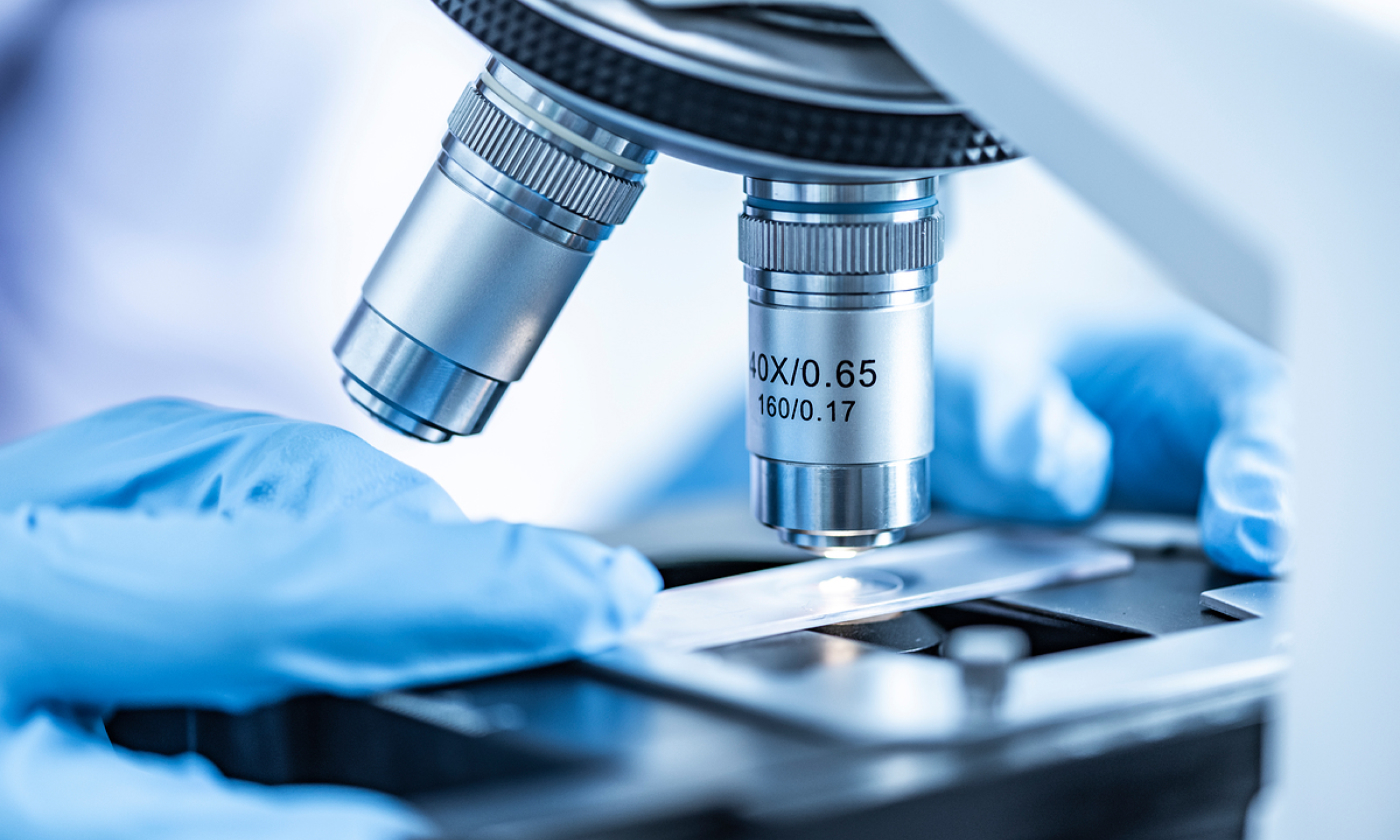
A City with 30 Years of Experience in Startups and Open Innovation Ecosystems
Daejeon is home to over 300 companies, 26 government-funded research institutes, such as the Korea Research Institute of Bioscience and Biotechnology, 16 universities, including KAIST and Chungnam National University, and eight clinical hospitals, including Chungnam National University Hospital. With the 50-year history of the Daedeok Research and Development Special Zone, Daejeon boasts the nation's best open innovation ecosystem, integrating collaboration across industry, academia, research, and hospitals.
Fostering Global Leaders in Innovative Pharmaceutical Technologies
Daejeon’s bio-specialized complex aims to become the world’s leading global cluster for innovative pharmaceuticals, establishing a comprehensive system from technology development to manufacturing within the specialized complex. Daejeon is committed to fostering leading companies with cutting-edge technologies to create global pharmaceutical giants.
With a strong foundation in four primary therapeutic areas (protein, gene, cell, and regenerative therapies) and world-class technological capabilities, Daejeon has set an ambitious goal to develop two innovative pharmaceuticals by 2032.
The city has already attracted interest from 51 companies, including LigaChem Biosciences, Alteogen, and Merck, who have expressed their intent to invest a total of 9 trillion KRW in facilities and R&D, making the realization of groundbreaking drug development increasingly likely.
Daejeon City anticipates that the designation as a bio-specialized complex will generate an economic ripple effect of 6.5586 trillion KRW in production and create 41,572 jobs, significantly contributing to the revitalization of the regional economy. The city’s active role in leading global innovative pharmaceutical technology development is highly anticipated.



 Wellness Service
Wellness Service
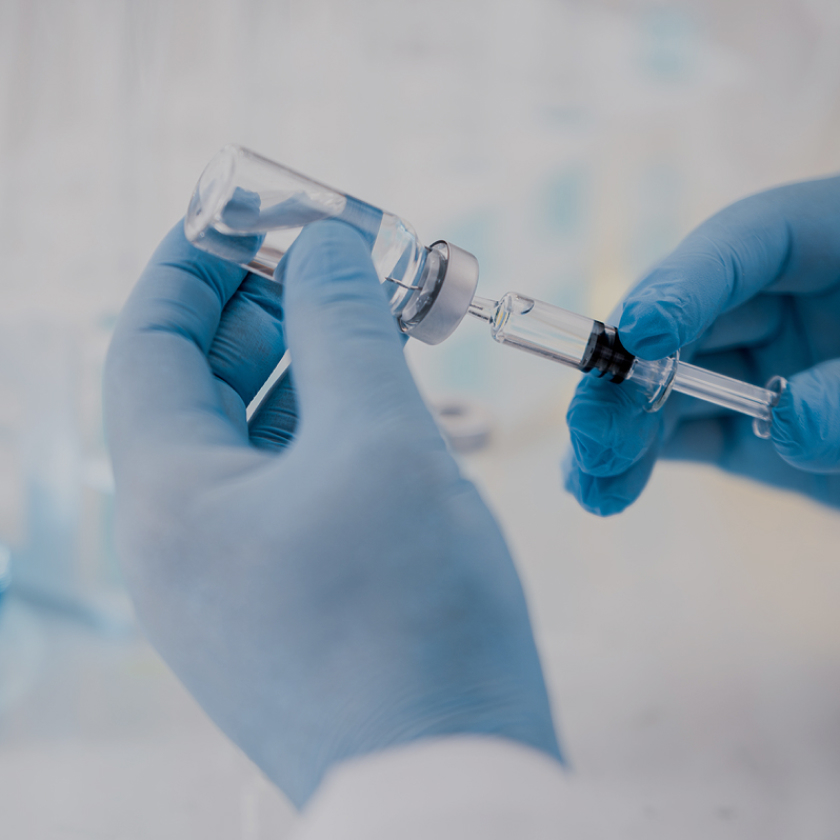 Bio Technology
Bio Technology
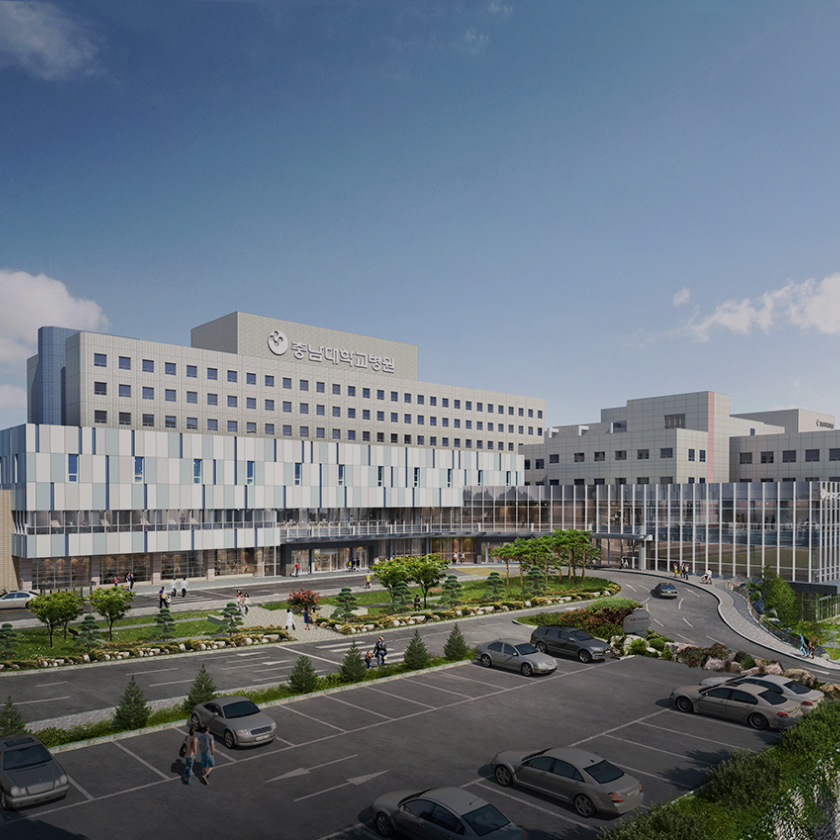 Medical tourism
Medical tourism
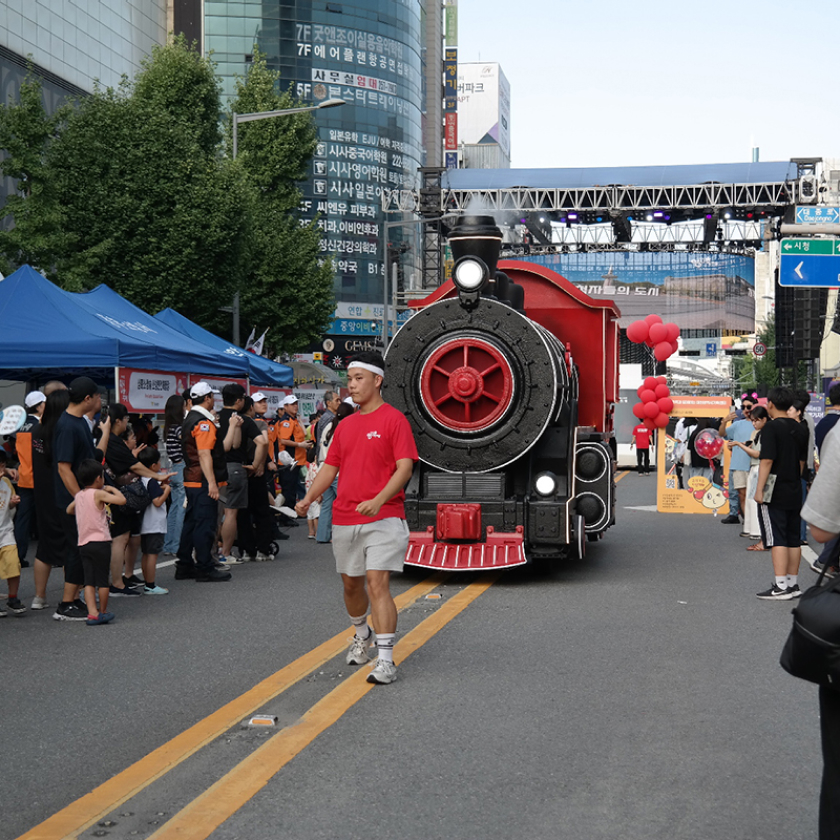 Festival & Mice
Festival & Mice
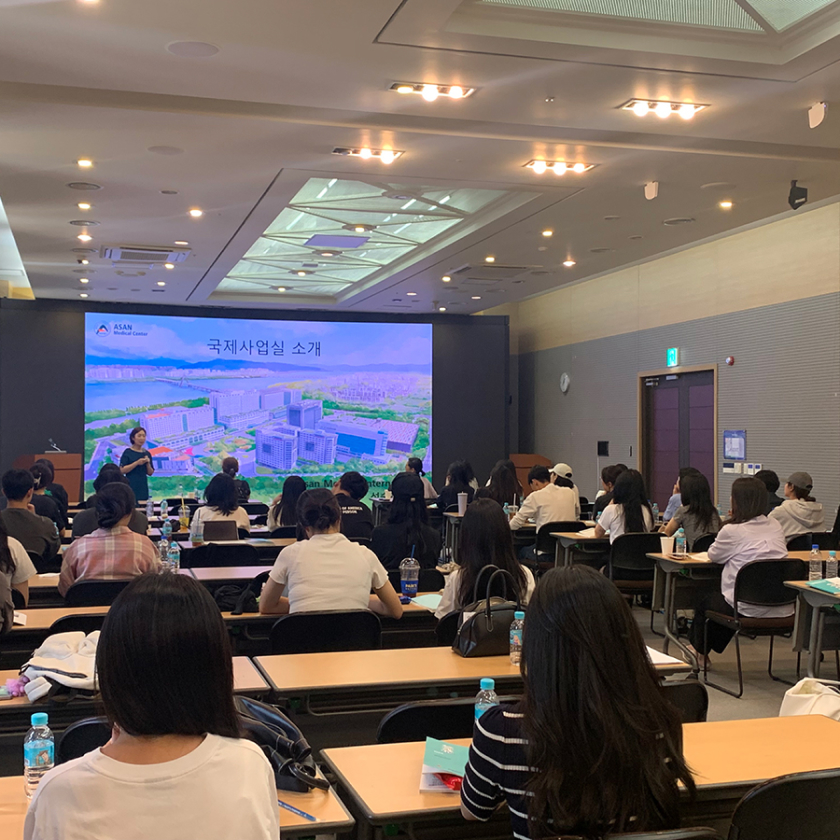 Hot Issue
Hot Issue
 Interview With
Interview With
 Medical Technology
Medical Technology
 City & Culture
City & Culture
 Food & Travel
Food & Travel
 Health & Wellness Tips
Health & Wellness Tips
 Hot Issue
Hot Issue